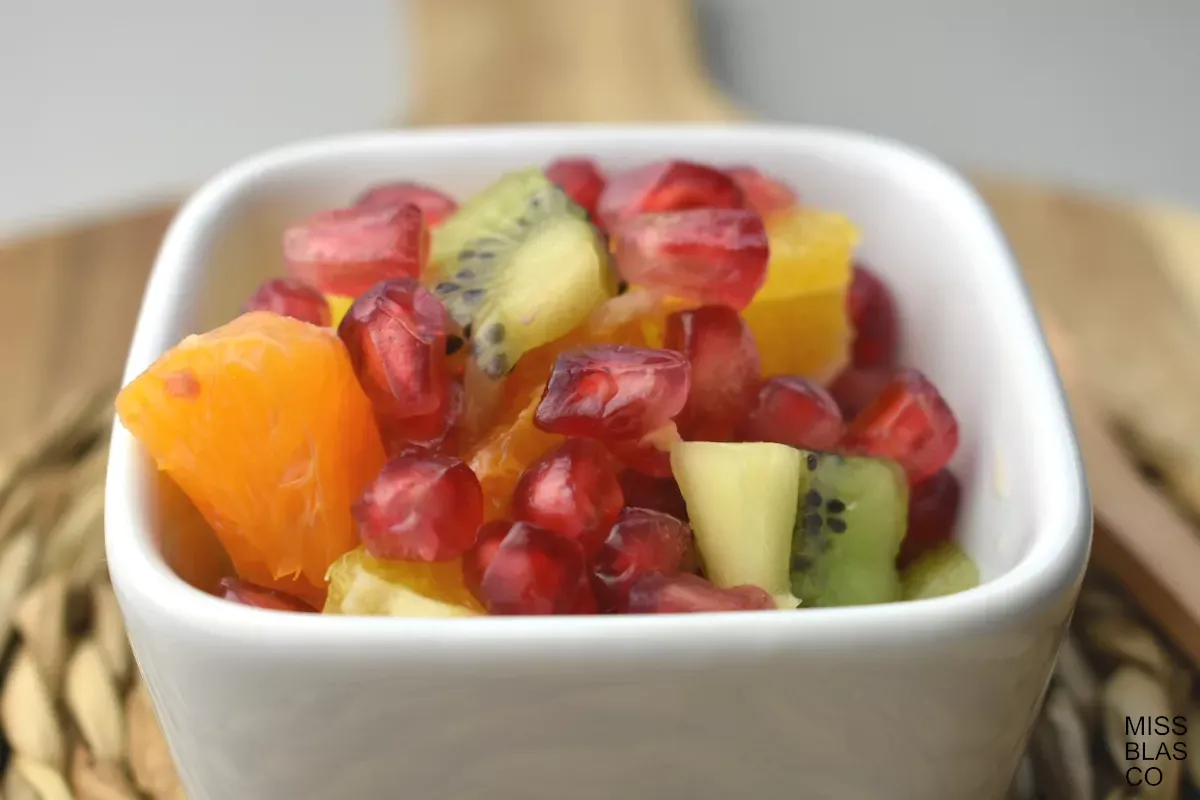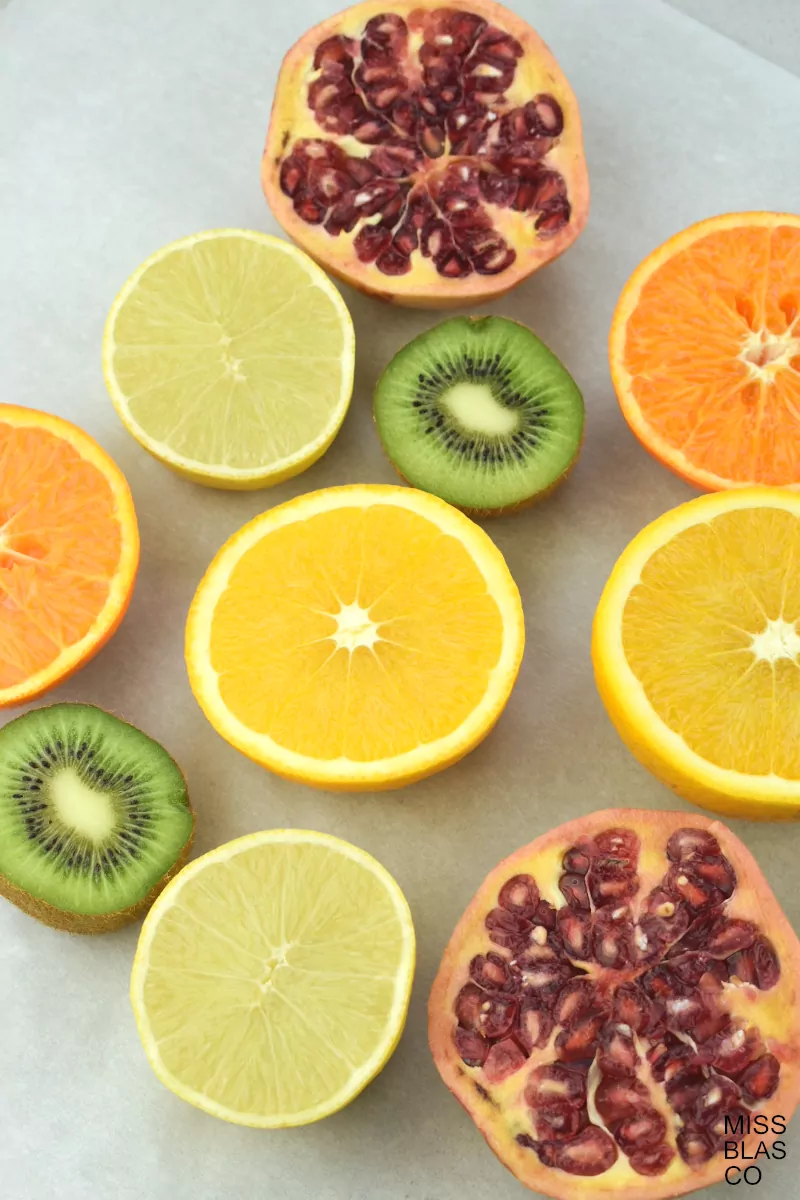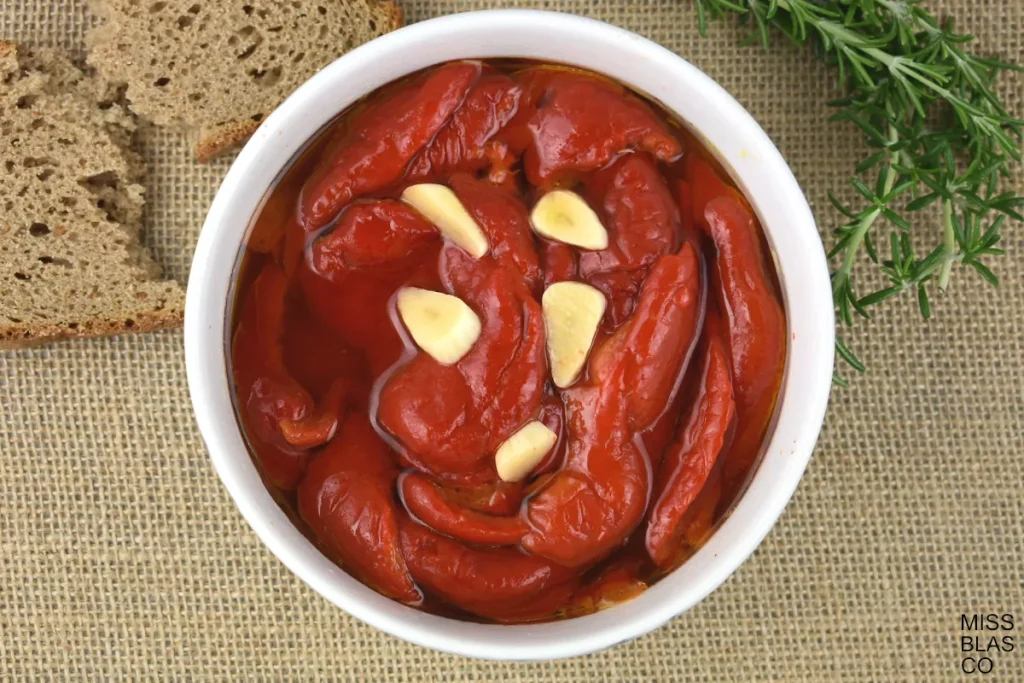
Vitamin C at Home
Here’s why it matters:
- Antioxidant Power: Neutralizes free radicals, for instance, preventing cell damage and premature aging.
- Iron Absorption: Enhances non-heme iron uptake from plant sources, thus, improving energy levels.
- Collagen Synthesis: Supports skin, wound healing, and blood vessel strength, therefore, vital for tissue repair.
- Immune Support: Strengthens defenses, for example, aiding recovery from illness.
- Neurotransmitter Production: Helps brain function, so, supporting mood and cognition.
Unlike fat-soluble vitamins, vitamin C doesn’t accumulate in the body, moreover, requiring daily intake through food. Excess is excreted in urine, thus, overdose is rare but possible at >2000mg/day, causing nausea or cramps.
Why Deficiency Is Unlikely
Scurvy, a severe vitamin C deficiency, is rare today due to diverse diets.
Here’s why deficiencies are uncommon:
- Varied Food Sources: Found in fruits, vegetables, and even some meats, for instance, making it widely available.
- Low Daily Needs: Adults need 60mg/day, thus, easily met with a single orange (70mg).
- Modern Diets: Unlike 17th-century sailors, most people consume enough produce, therefore, preventing scurvy.
Symptoms like bleeding gums or poor wound healing appear only after months without vitamin C, for example, in extreme dietary restrictions. A balanced diet typically prevents this, so, supplements are rarely needed.
Vitamin C is abundant in fruits and vegetables, making deficiency rare with a varied diet.
How to get Vitamin C at home: Vitamin C-Rich Foods
Vitamin C is abundant in many foods beyond citrus.
Top sources per 100g:
- Red Bell Pepper: 128mg, which, also provides fiber (2g).
- Broccoli: 89mg, for instance, rich in vitamin K (102µg).
- Brussels Sprouts: 85mg, thus, supports digestion with fiber (4g).
- Orange: 70mg, therefore, a convenient source of vitamin C and folate (30µg).
- Strawberries: 59mg, for example, packed with antioxidants.
- Cauliflower: 48mg, so, versatile for low-carb diets (5g carbs).
- Veal Liver: 161mg, though, less common and higher in calories (140 kcal).
In contrast, processed foods lack vitamin C, making, fresh produce the best choice. Cooking reduces content due to heat sensitivity, for instance, so raw or lightly cooked options maximize benefits.
Health Benefits of Vitamin C
Incorporating vitamin C-rich foods supports multiple systems.
Key benefits include:
- Heart Health: Protects blood vessels, thus, reducing cardiovascular risk.
- Skin and Healing: Boosts collagen, for example, aiding wound repair.
- Iron Absorption: Enhances plant-based iron uptake, therefore, preventing anemia.
- Immunity: Strengthens defenses, for instance, reducing cold symptom severity.
However, a 2013 study found vitamin C doesn’t prevent colds, for example, but supports faster recovery. Overdosing (>2000mg/day) may cause digestive issues or kidney stones in prone individuals, thus, moderation is key.
Simple Ways to Boost Vitamin C at Home
You don’t need supplements to meet your needs.
Try these strategies:
- Eat Raw Produce: Bell peppers or strawberries, for instance, retain maximum vitamin C.
- Light Cooking: Steam broccoli or cauliflower, thus, preserving nutrients.
- Pair with Iron: Combine spinach with citrus, for example, to boost iron absorption.
- Store Properly: Refrigerate orange juice, so, maintaining vitamin C for hours.
Supports immunity, heart health, and iron absorption with easy, everyday food choices.
Easy Vitamin C-Rich Recipes
Incorporate these dishes to increase intake:
- Bell Pepper and Tomato Salad:
Ingredients: Red bell pepper, tomato, cucumber, olive oil, lemon juice.
Nutrition: 100 mg vitamin C per serving, 100 kcal.
Prep: Toss raw veggies with oil and lemon. Serve with Italian Herb Steamed Chicken.
- Cauliflower Salad:
Ingredients: Cauliflower, parsley, olive oil, vinegar.
Nutrition: 50 mg vitamin C per serving, 80 kcal.
Prep: Lightly steam cauliflower, toss with dressing. Pair with Pomegranate and Goat Cheese Salad.
- Broccoli Vegetable Salad:
Ingredients: Broccoli, spinach, red onion, olive oil.
Nutrition: 90 mg vitamin C per serving, 90 kcal.
Prep: Steam broccoli briefly, mix with raw spinach and dressing.
Simple recipes like bell pepper salad or broccoli dishes boost vitamin C intake naturally
Practical Tips for Maximizing Vitamin C
- Choose Fresh Produce: Vibrant colors indicate higher nutrient content, otherwise, vitamin C may be lower.
- Minimize Cooking Time: Brief steaming, for example, preserves more vitamin C.
- Store Properly: Keep fruits and vegetables refrigerated, thus, slowing degradation.
- Combine Foods: Pair with non-heme iron sources, so, enhancing absorption.
Addressing Common Myths
Vitamin C is surrounded by misconceptions. Let’s clarify:
Myth: “Prevents Colds”: It supports immunity, however, doesn’t stop infections.
Myth: “Only in Citrus”: Found in peppers, broccoli, and more, thus, widely available.
Myth: “Supplements Are Essential”: A varied diet, for example, meets needs for most people.
Most people get enough vitamin C through a varied diet, for instance, including fruits and vegetables daily.
Reviewing your meals, do you include sources like peppers or berries? Are you relying on supplements unnecessarily?
This post shows that simple, accessible foods can meet your needs, supporting health without complexity.
Try a vitamin C-rich recipe this week and share your favorite in the comments below.


Silvia
Me ha parecido muy interesante. Creía que servía para evitar catarros… Y me gustan mucho y como habitualmente alimentos que enumeras.
Gracias por la información!
missblasco
Hola Sílvia, la verdad es que a veces damos por buenas cosas que se dicen, pero no tienen ningún fundamento científico, en el caso de la vitamina C hay muchas falsas creencias que a pesar de haber sido ya desmontadas por la ciencia, todavía es habitual leer y oír por ahí.
Gracias por tu comentario! Saludos! 😉